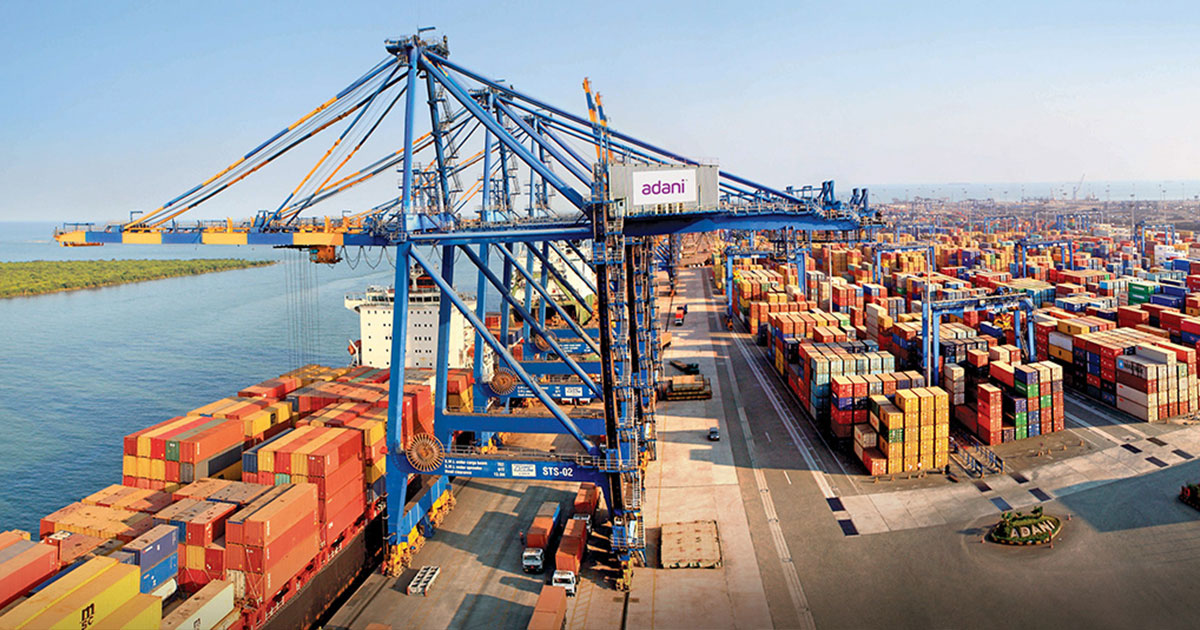Govt notifies `HaritSagar’ guidelines to improve ecosystem at major ports
10 Dec 2023

The ministry of ports, shipping and waterways has notified `HaritSagar’ green port guidelines to reduce carbon intensity and to develop an environment-friendly ecosystem at all major ports in the country, minister for ports, shipping and waterways, Sarbananda Sonowal, informed the Lok Sabha in a written reply on Thursday.
The guidelines prescribe various green initiatives such as ship-to-shore power supply, electrification of port equipment, usage of clean fuels such as green hydrogen/green ammonia/methanol in port crafts, besides creation of infrastructure at select ports for storage, bunkering, and refuelling of green hydrogen/green ammonia.
The aim is to increase the share of renewable energy by ports and ships. Already, Deendayal Port, Visakhapatnam Port and New Mangalore Port are generating surplus renewable energy.
The handling of chemicals and dangerous materials at ports are being carried out as per the port regulation framed in the ambit of the Explosive Act, 1884. The government has issued policy guidelines for optimum utilisation of port land.
India has been in the forefront in developing environment-friendly ecosystem in ports so as to reduce carbon intensity.
The International Maritime Organisation (IMO) has selected India as pioneer lead country for its `Green Voyage2050’ project. The project aims to assist developing countries in their efforts to reduce green house gases (GHG) emissions from ships.
IMO has selected the following projects from India for its `Green Voyage2050’ project:
- Fitment of waste heat recovery system on a bulk carrier - Ambuja Cements Limited;
- Greening of inland ferries - Directorate of Inland Water Transport (IWT) Assam/ Assam IWT Development Society;
- Greening of inland ferries - Kochi Water Metro Ltd;
- Greening of passenger wooden ferries - Mumbai Port Authority; and
- Electric hybrid tugs - Ocean Sparkle Ltd.
India is a signatory to the International Convention for Prevention of Pollution from Ships (MARPOL) of the IMO, which addresses the issue of emissions from ships and ports.
India has implemented all MARPOL regulations pertaining to carbon emissions on Indian ships. At present, the regulations mainly pertain to reduction of carbon emission through enhanced energy efficiency and achieving a progressively enhanced (yearly) carbon intensity reduction.



















